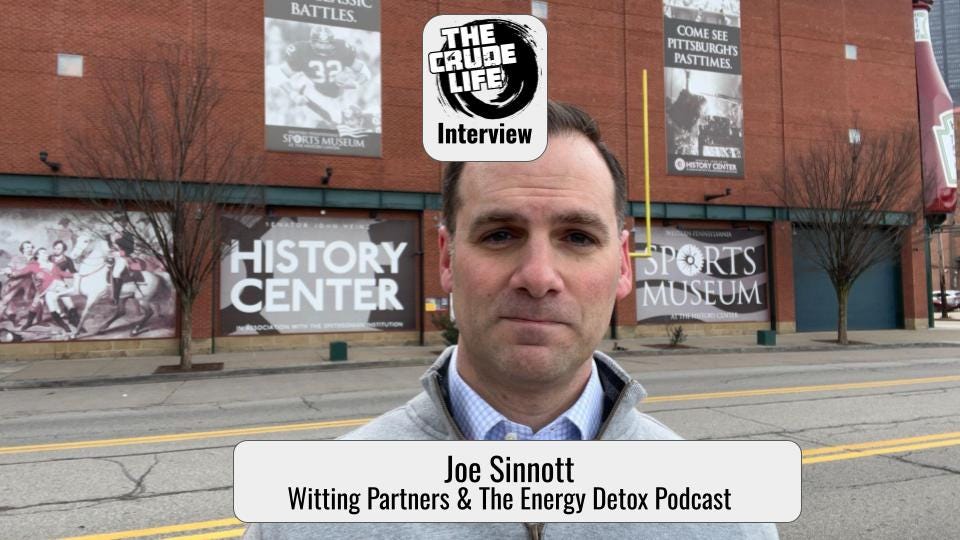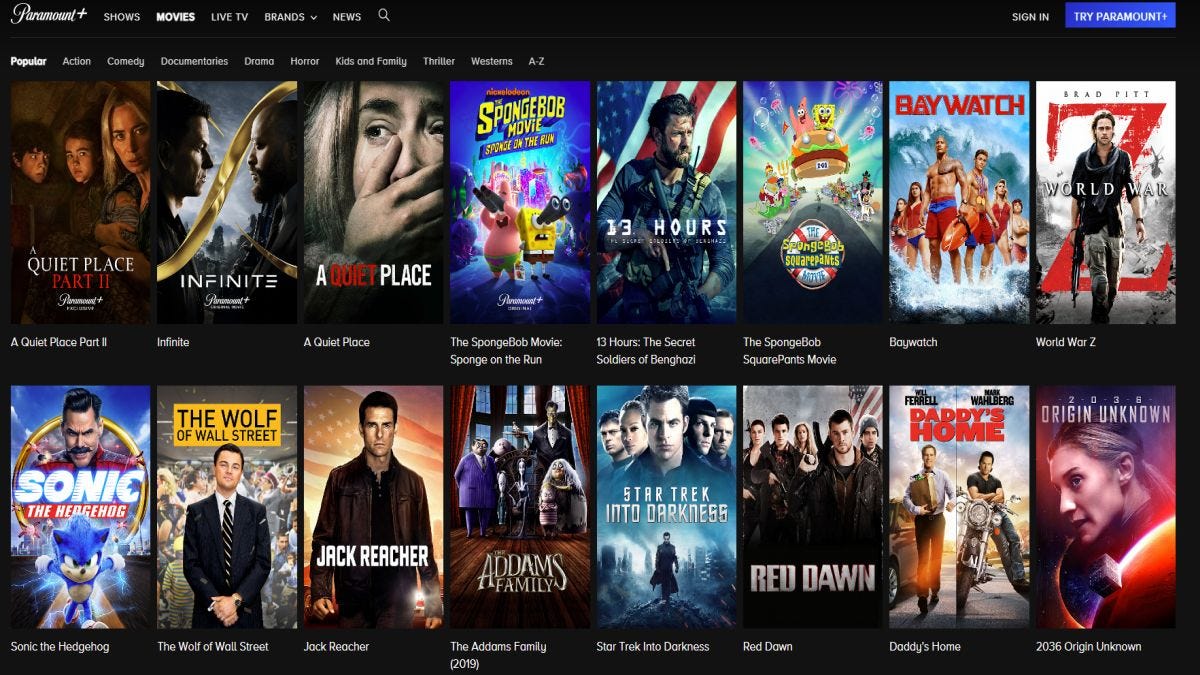Executive Coach Joe Sinnott, Witting Partners, and the host of The Energy Detox Podcast discusses how conflict management is becoming more present in the world of energy management.
Conflict is an inevitable part of business operations, especially during major transitions like mergers, new employee integration, and internal executive disagreements. Effective conflict management is essential for maintaining organizational stability and ensuring smooth operations. This interview explores practical strategies for handling conflicts in these three critical areas.
Managing Conflict During Mergers
Mergers often lead to uncertainty, cultural clashes, and resistance among employees. To mitigate conflicts:
Clear Communication – Establish a transparent communication strategy to inform employees about the merger’s purpose, expected changes, and their roles in the new organization.
Cultural Integration – Identify cultural differences between the merging entities and implement programs to align core values and business practices.
Stakeholder Involvement – Engage key stakeholders in decision-making to reduce resistance and promote a sense of ownership.
Conflict Resolution Channels – Set up mediation teams to address disputes that arise from structural changes.
Leadership Alignment – Ensure that top executives from both companies are on the same page regarding vision, policies, and strategies to prevent internal conflicts.
Conflict Management in New Employee Training
Introducing new employees into an organization can lead to misunderstandings, misalignment, and resistance from existing staff. Executives can manage such conflicts by:
Structured Onboarding Programs – Provide clear training sessions that outline company policies, culture, and expectations.
Mentorship and Buddy Systems – Pair new hires with experienced employees to facilitate smooth integration.
Feedback Mechanisms – Encourage open feedback from new employees and existing teams to address concerns early.
Addressing Resistance from Current Employees – Communicate the value new hires bring to the organization to foster acceptance.
Encouraging Collaboration – Implement team-building exercises to strengthen relationships between new and existing employees.
Managing Conflict Between Executives
Disputes among executives can disrupt strategic decision-making and company growth. To navigate these conflicts:
Establish Clear Roles and Responsibilities – Clearly define executive roles to minimize power struggles and overlapping duties.
Facilitate Open Dialogue – Encourage honest conversations about disagreements while maintaining professionalism.
Use Mediation When Necessary – Bring in neutral third-party mediators to resolve deep-seated disputes.
Align on Organizational Goals – Keep discussions focused on company objectives rather than personal differences.
Implement Conflict Resolution Policies – Develop structured policies for handling executive conflicts to prevent escalations.
"Trigger" words and phrases are terms that provoke strong emotional or psychological responses, often tied to personal experiences, cultural contexts, or past traumas. These words can escalate conflicts, cause misunderstandings, or influence decisions based on emotional reactions rather than rational thought.
Types of Trigger Words and Phrases:
Emotional Triggers – Words tied to deep personal experiences (e.g., "failure," "disappointment," "betrayal").
Conflict Triggers – Words that can escalate disagreements (e.g., "always," "never," "unfair").
Cultural or Political Triggers – Phrases tied to social and ideological debates (e.g., "privilege," "entitlement," "woke").
Workplace Triggers – Terms that may cause defensiveness in professional settings (e.g., "lazy," "micromanage," "toxic").
Being aware of trigger words can help executives and leaders manage communication effectively, reducing unnecessary conflicts and fostering a more productive environment.
Executives must proactively manage conflicts in mergers, new employee training, and internal leadership disputes to maintain operational stability. By implementing structured communication, cultural integration, stakeholder involvement, and strategic mediation, organizations can navigate these challenges effectively and foster a cohesive work environment.
Witting Partners helps energy industry leaders achieve and sustain peak performance by combining an unmatched blend of oil & gas experience, insight, and results with the power of leadership coaching, workshops, and keynotes so that you and your stakeholders don't un-wittingly damage your odds of achieving long-term success.
If you want to produce 𝑺𝑼𝑺𝑻𝑨𝑰𝑵𝑨𝑩𝑳𝑬 results, then turn to a resource with 15+ years of proven success stretching from the Gulf of Mexico to Appalachia, from service company to operator, and from drilling rig to downtown boardroom.
To learn more, visit Witting Partners’ website or follow on LinkedIn.
Everyday your story is being told by someone. Who is telling your story? Who are you telling your story to?
Email your sustainable story ideas, professional press releases or petro-powered podcast submissions to thecontentcreationstudios(AT)gmail(DOT)com.
#thecrudelife promotes a culture of inclusion and respect through interviews, content creation, live events and partnerships that educate, enrich, and empower people to create a positive social environment for all, regardless of age, race, religion, sexual orientation, or physical or intellectual ability.
CLICK HERE FOR SPECIAL PARAMOUNT + DISCOUNT LINK
Paramount+ offers its subscribers a plethora of quality content.
From classic films to banger TV shows like 1883 and Star Trek: Discovery, there’s no shortage of entertainment to explore.
How about some cult favorites like Red Dawn, Grease and There Will Be Blood?
Start Streaming Today!


















Share this post